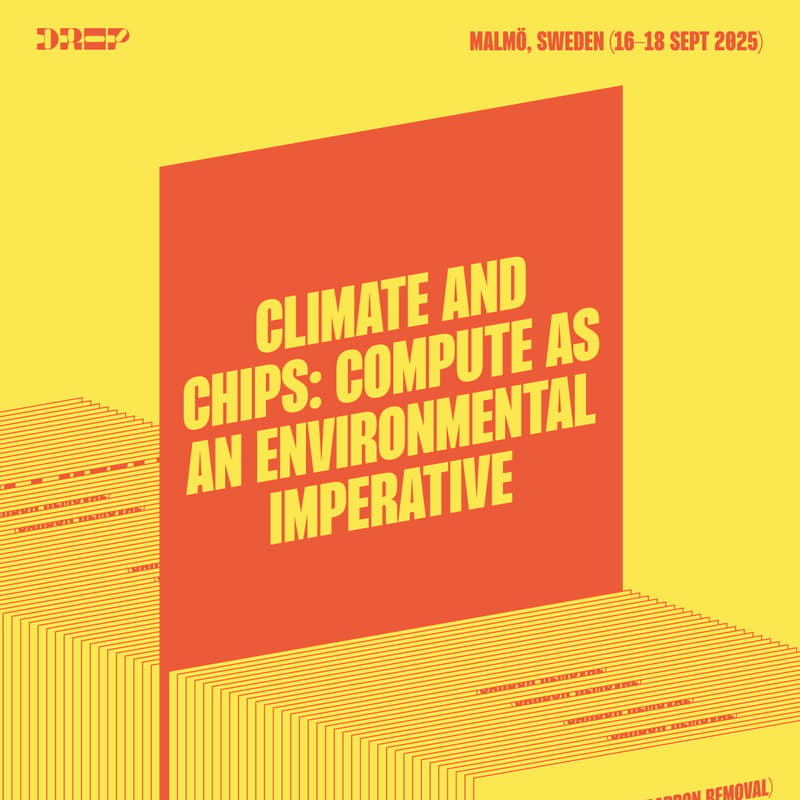

Climate and chips: compute as an environmental imperative
Ripple Hosts
Hillel Zand
Maniv
Louis Fearn
InMotion Ventures
TL;DR
Compute serves as the backbone of the modern physical economy. Let’s discuss how hardware development and innovations in semiconductor architecture have the potential to alleviate pressures currently facing the clean energy transition.
Topic overview
Why is the topic relevant?
While most of the attention toward the impact of AI on climate has been focused on grid capacity, greater attention should be paid to advances in energy-saving hardware innovations that have the potential to transform the energy efficiency landscape long-term (e.g. semiconductor and quantum breakthroughs). Software optimisation and AI model architecture improvements are a natural first step and will play a crucial role but in isolation will not be enough to significantly reduce AI’s carbon footprint.
What’s up for discussion?
Current market landscape: AI’s dual role as an energy consumer and efficiency enabler
Compute as a software vs. hardware problem: Emerging technologies with breakthrough potential
Venture investment in compute: How should investors evaluate the tension between immediate AI deployment and longer-term sustainable compute infrastructure?
Is there a world in which we might accept trade offs between AI accuracy and energy efficiency?
Implementation challenges and timelines: balancing incremental improvement and fast market adoption vs technical challenges and disruptive approaches
Sovereignty and AI: Geopolitical considerations of the semiconductor value chain
What policy frameworks would most effectively drive innovation in sustainable AI infrastructure?
Dream outcome
Greater awareness in the climate community about the role of compute hardware in the energy value chain and a robust debate about the relative importance of clean energy generation vs. compute innovation.
Who should attend?
Founders from the following sectors: grid tech, data centres, energy storage, compute, AI
Industry representatives who rely on / are impacted by the semiconductor value chain
Generalist, software-focused climate investors who might otherwise have a predilection to hardware investments